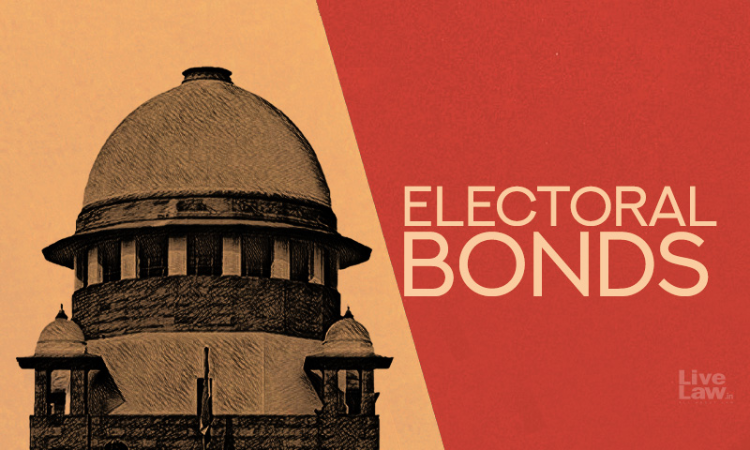CPI(M) Moves Supreme Court For Early Hearing Of Electoral Bonds Case
LIVELAW NEWS NETWORK
22 July 2021 8:03 PM IST

Next Story
22 July 2021 8:03 PM IST
The Communist Party of India (Marxist) has filed an application seeking early hearing of the writ petition filed by it in 2018 challenging the legality and constitutionality of the anonymous Electoral Bonds Scheme.The application filed through Advocate Shadan Farasat states that the case deals with the "very essence of a fundamental democracy" and impacts voters' right to know the source...
